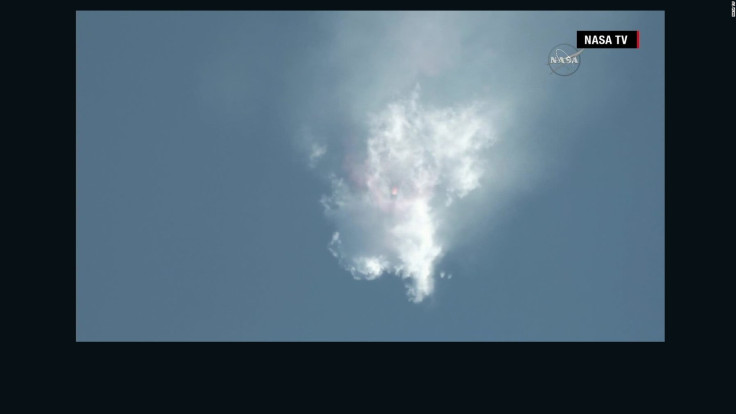Russia poised to capitalise from SpaceX rocket explosion

One interested party not too broken hearted about the explosion of the last launch of an unmanned SpaceX rocket is bound to be Russia. The longer SpaceX takes to perfect its space vehicles and a system to get to the International Space Station — and beyond — the more money in Russian coffers.
The SpaceX Falcon 9 rocket was supposed to deliver a docking port, water filtration system, food and a spacesuit to the station but it blew up over Florida minutes after liftoff. Astronauts are well-stocked enough to do without the delivery — and a Russian Soyuz rocket will deliver more supplies within days.
Though SpaceX founder Elon Musk is out to reduce America's reliance on the Soyuz, until the US alternative is up and running, the Russian craft will remain the go-to system — for a hefty price.
An now there's even more space business competition for SpaceX, and it involves Russia.
Start up satellite Internet provider OneWeb — an operation that includes the Virgin Group, Coca-Cola and Airbus — has agreed to a $1bn (£64m) deal that will rely on Soyuz rockets to send hundreds of small satellites into space. The idea is to create a truly global web by surrounding the planet with 648 micro-satellites before 2020. As part of the deal, the Russian space agency will build 21 Soyuz launch craft.
To make certain no one missed the point, Igor Komarov of the Roscosmos Russian space agency told news service Interfax: "This contract is the biggest in the history of launch services. The choice of Soyuz rockets is a proof of high competitiveness of Russian rocket and space hardware."
© Copyright IBTimes 2025. All rights reserved.






















